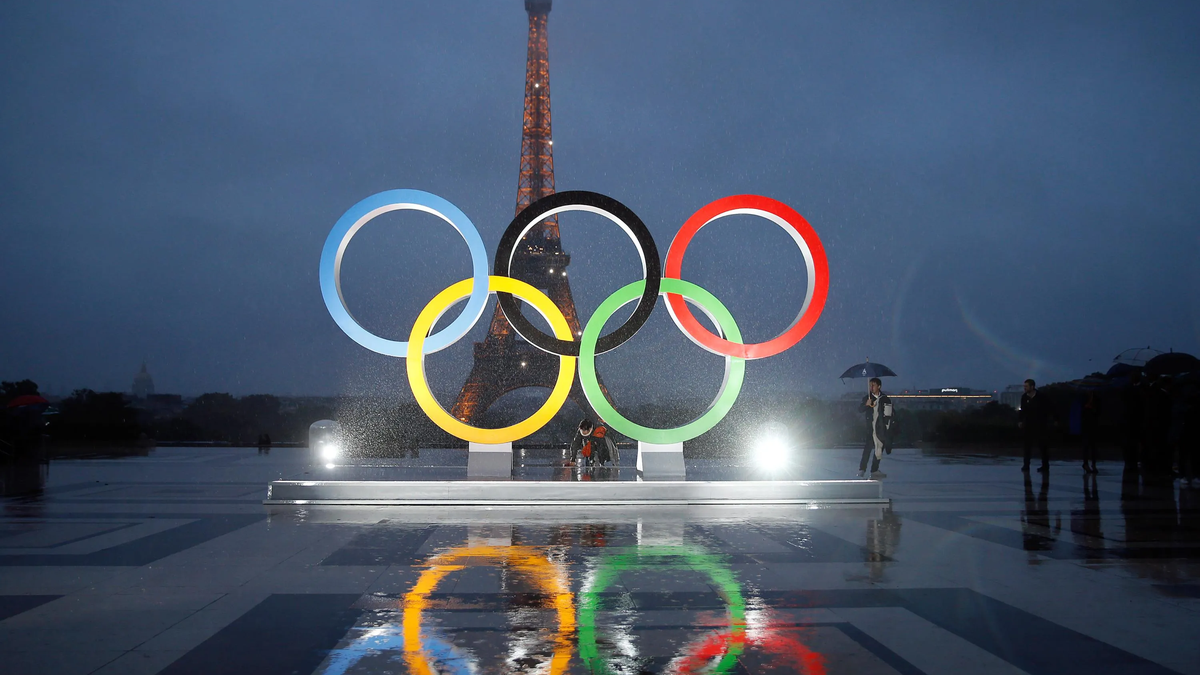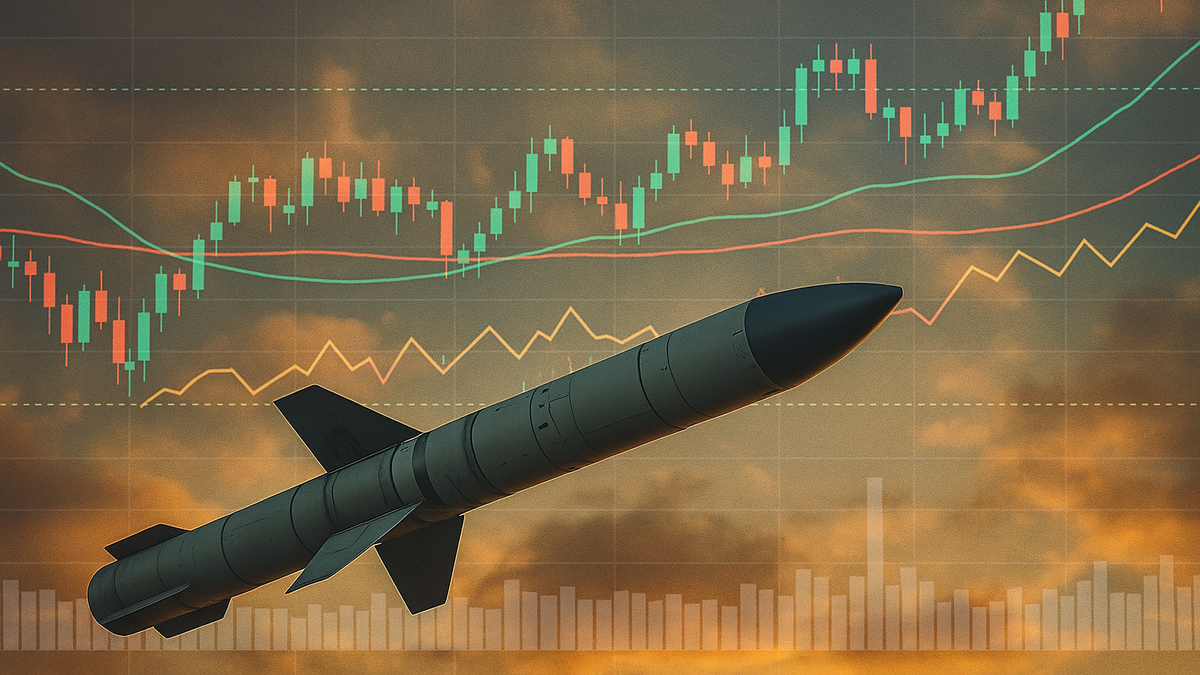For the vast majority of athletes, Olympic and Paralympic Games They are the greatest challenge of your career. And in that scenario, when the best achieve glory, they cannot thank their live sponsors for the support they have given them to reach the top.
Outside of mass sports, this support from brands is key in the preparation and professionalization of athletes for this event. However, Rule 40 of the Olympic Charter prevents, under threat of significant economic sanctions, the showing or mentioning of its sponsors during the month in which all the spotlights are on the competition.
However, in the next Games this will change. The Paris Olympic event will be the first in which athletes will be able to thank the brands that sponsor them for their support. However, there will be limitations.
The idea was to protect the sponsors of the International Olympic Committee (IOC), but it interferes too much with the freedom of expression of athletes. Many of them live off their own sponsors and not being able to even thank them for their support during these periods was beyond reason, even if it was to protect the large investments of the official sponsors of the Games.
PARIS JJOO.webp
Rule 40 of the Olympic Charter prevents, under threat of significant economic sanctions, the showing or citing of its sponsors during the month in which all the focus is on the competition, but this changes from Paris 2024, albeit with restrictions.
x
Although there are still many limitations, athletes will now be able to post messages of gratitude to their sponsors; Yes, without including videos, or advertising products or services. They will be able to upload photos and images to social networks, with several limitations, from their own mobile phone. This modification occurred at the end of last year, and is closer to a movement of values such as the Olympic Games.
Be that as it may, The IOC maintains many limitations on brands that are not within its pool commercial, called The Olympic Partner (TOP) Programme, or the sponsorships of the Olympic event. And in this context, creativity becomes essential for companies that are outside the Olympic and Paralympic partner program. That’s where it comes in, too.he ambush marketing or ambush marketing. That is, advertising actions in which the limits of the regulations are bordered. “There are two main ways to do it: one by association and another by intrusion”.
Advertising campaign
In association marketing, one of the most important examples in history was the advertising campaign Find Your Greatness, developed by Nike in London 2012. An exercise in advertising creativity for an advertisement in which the word London constantly stood out throughout the spot and which directly associated the brand with the Games, in which Adidas was the sponsor official”.
This is one of the formulas that brands can use to overcome the veto, which will start on July 18 – eight days before the opening ceremony – and will end on August 13, 48 hours after the cauldron at the Stade goes out. de France, which will be transformed into the Olympic Stadium.
Another aspect of marketing that brands outside of the IOC program can use is ambush intrusive, small gestures within the event itself. An example is what also happened in London: with Panasonic being the official sponsor, Beats gave several athletes their headphones, thus appearing in the media with them on.
Beyond ambush marketing, there is an alternative way to appear in the photo of the Games without having to be a partner of the event. Technical sponsors, such as Joma in the case of the Spanish Olympic Committee (COE), have guaranteed visibility as suppliers of all sports equipment, just like Nike or Adidas in basketball and soccer teams through their respective agreements with the federation of football (RFEF) and basketball (FEB).
Furthermore, it is very important for brands to build very strong relationships with their customers. There are athletes who are quickly associated with brands, such as, for example, Rafa Nadal with Kia, Therefore, if Kia launches a television spot linked to tennis during the Games, a very high percentage of people will automatically remember Nadal; and although it cannot be legally linked, that association is already in the mind of the consumer.”
Billing
In the case of the Olympic Games, Sponsorships generated 30% of the IOC’s turnover in the last Olympic cycle (2017-2020): u$s 2.28 billion, of the organization’s total income of $7.6 billion in those four years, according to figures published by the committee in its 2021 annual report.
Looking ahead to Paris 2024, the IOC aims to exceed US$3 billion for his commercial business. Rule 40 and the limitations imposed by the IOC also respond to this notable investment made by the brands that bet on the Games. This pool exclusive of sponsors is made up of 15 brands (AB InBevm Airbnb, Alibaba, Allianz, Atos, Bridgestone, Coca-Cola, Deloitte, Intel, Omega, Panasonic, P&G, Samsung, Toyota and Visa), which in 2021 alone contributed US$835.6 million, coinciding with the celebration of the Tokyo Games. In the complete cycle, your investment will reach US$2 billion, which values each agreement at US$133 million, although part of it is paid with the delivery of the product or the provision of services.
Source: Ambito
I am Pierce Boyd, a driven and ambitious professional working in the news industry. I have been writing for 24 Hours Worlds for over five years, specializing in sports section coverage. During my tenure at the publication, I have built an impressive portfolio of articles that has earned me a reputation as an experienced journalist and content creator.




